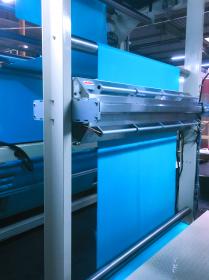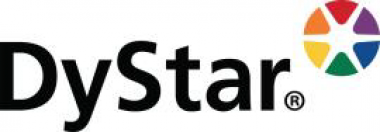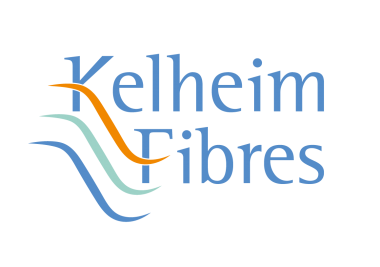Baldwin at ITMA Asia 2023 with Precision Spray TexCoat™ System
Baldwin Technology Company Inc. will showcase its TexCoat™ G4 precision spray finishing system at ITMA Asia 2023 (November 19-23, National Exhibition and Convention Center, Shanghai). ITMA Asia participants can stop by and see Baldwin’s wide array of TexCoat G4-applied fabric samples from textile mills around the world and experience what precision finishing feels like while learning how the technology eliminates chemistry waste on changeover, saves water, and achieves faster speeds through the stenter frame and relaxed dryer.
Baldwin’s team will be available to discuss how the company’s technology can meet the textile supply chain’s sustainability and carbon footprint goals while improving performance and saving money. In the context of a cost-sensitive global economy and an increased focus by brands, consumers and regulatory agencies on sustainability, customers are placing a premium on sustainability-advantage textile production.
TexCoat G4’s non-contact spray technology offers numerous advantages compared to outdated finishing-chemistry application methods. TexCoat G4 processes a wide range of low-viscosity water-based chemicals, such as durable water-repellents – including PFAS-free, softeners, anti-microbials, easy-care and flame retardants. The company's technology uses the same chemicals as found in traditional pad baths with no special auxiliaries required.
Testimonial videos from Pincroft Dyeing and Print Works and Graniteville Specialty Fabrics along with a video highlighting Baldwin’s partnership with North Carolina State University will also be screened at their stand.
Baldwin Technology Company Inc. textile finishing finishing technology ITMA Asia + CITME
Baldwin Technology Company Inc.
















